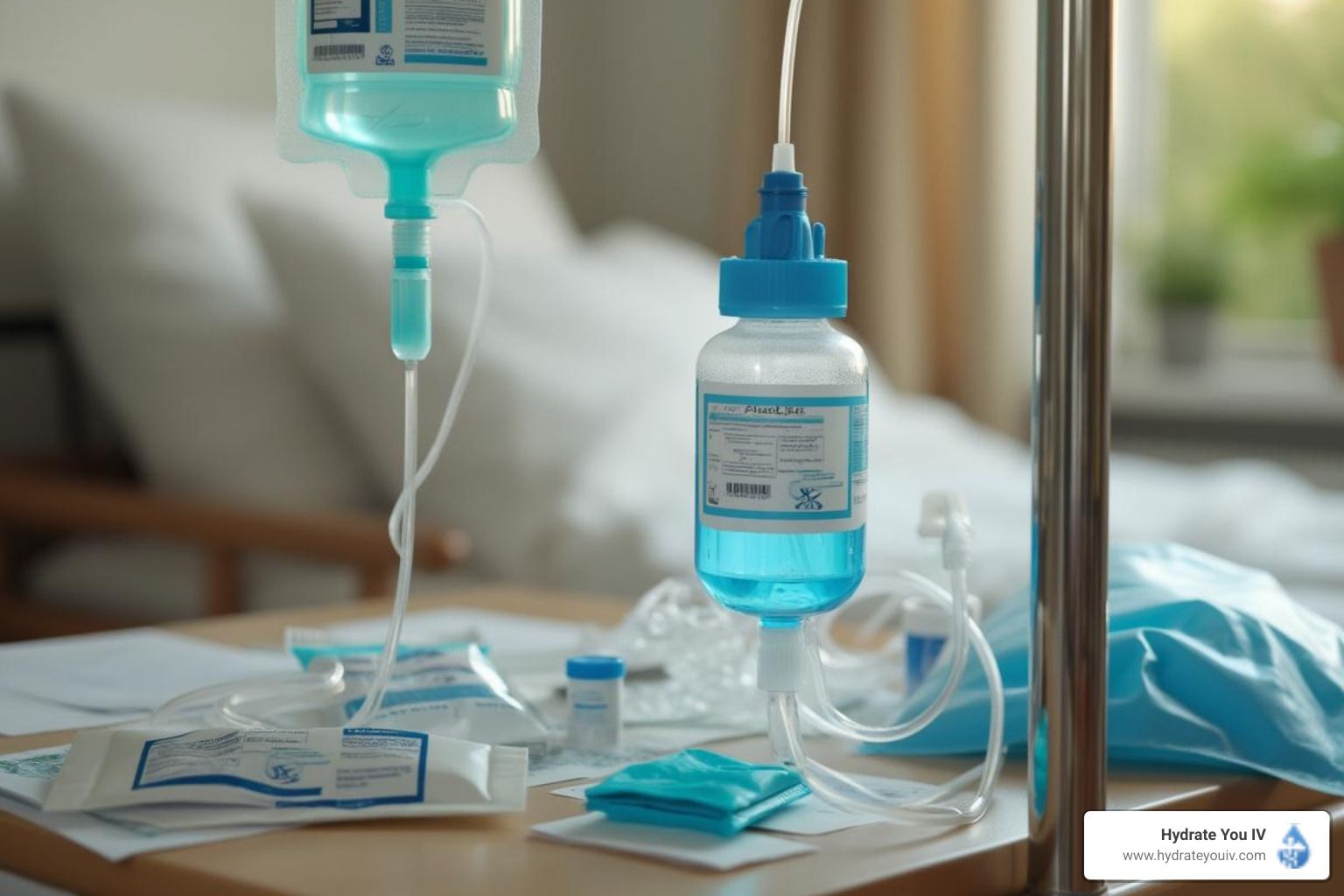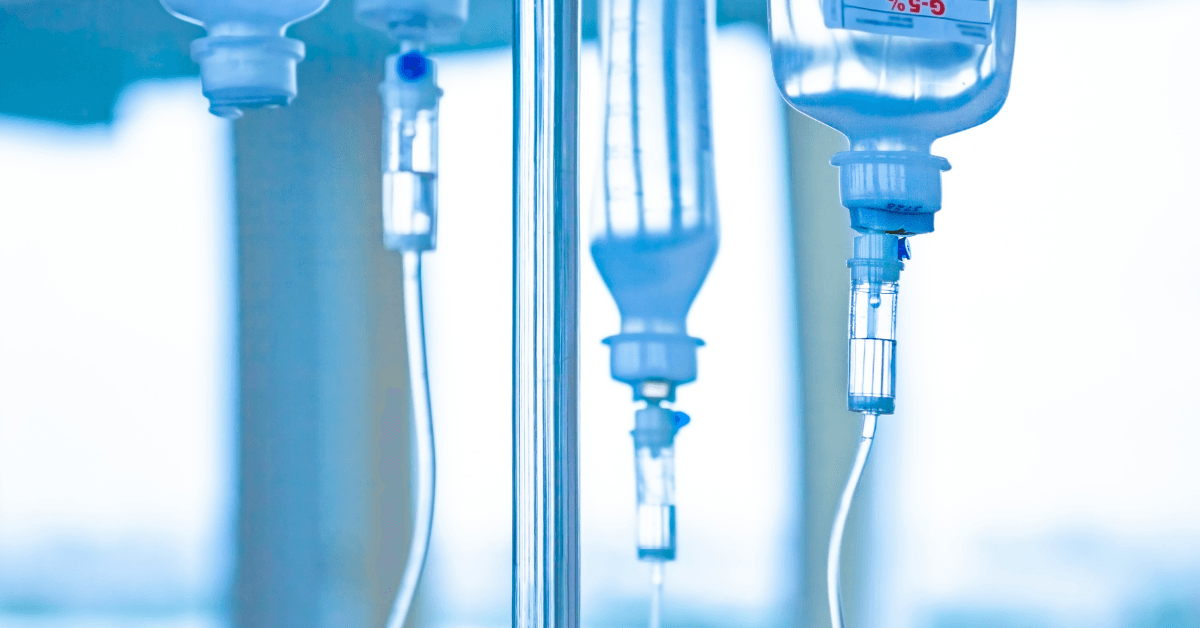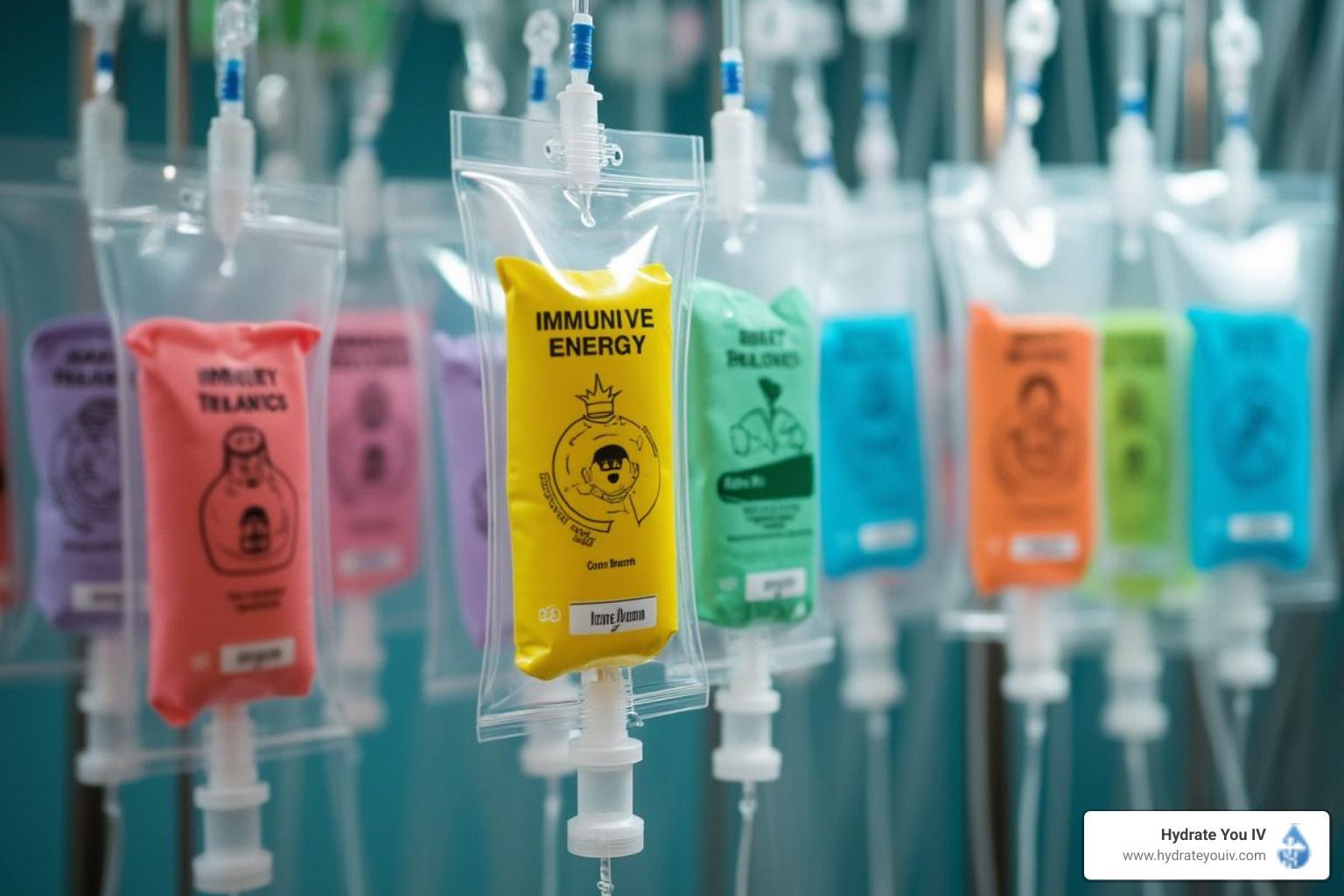The Science of Hydration: Understanding the Importance of Fluid Balance
The Science of Hydration: Understanding the Importance of Fluid Balance

Understanding the science of hydration is crucial in maintaining overall health and well-being. Water is not just a thirst-quencher; it plays a vital role in numerous physiological processes, and being aware of its importance can help us make better choices regarding our fluid intake. This article explores the fundamentals of hydration, its impact on physical and mental health, the consequences of dehydration, and effective ways to maintain optimal hydration.
The Basics of Body Hydration
What is Hydration?
Hydration refers to the process of adding fluids to the body to maintain proper balance. Water makes up about 60% of an adult's body weight, and it is essential for many bodily functions, including temperature regulation, joint lubrication, and nutrient transportation. It is not only vital for survival but also for optimal functioning.
When we talk about hydration, we often refer to the balance between the fluids we consume and those we lose. Losses occur through a variety of means, including urination, perspiration, respiration, and even through digestion. Therefore, it's essential to replace lost fluids regularly to achieve and maintain this balance. Factors such as climate, physical activity, and individual health conditions can significantly influence hydration needs, making it crucial to listen to your body and adjust fluid intake accordingly.
How Does the Body Use Water?
The body utilizes water in several key ways. Firstly, it serves as a solvent, assisting in the transport of nutrients and waste products in the bloodstream. Additionally, water helps regulate body temperature through sweat production and evaporation. Furthermore, it cushions organs and joints, providing a protective layer against injury.
Water also plays a role in digestion. Saliva, which is primarily composed of water, facilitates the initial breakdown of food. Moreover, gastric juices, necessary for proper digestion in the stomach, contain a significant amount of water. In summary, every system in the body relies on water to perform efficiently, illustrating the importance of proper hydration. Beyond these functions, water is also crucial for maintaining skin health, as it helps to keep skin hydrated and elastic, reducing the appearance of wrinkles and dryness. Furthermore, adequate hydration can enhance cognitive function, improving concentration and alertness, which is particularly important in our fast-paced, demanding lives.
The Role of Hydration in Physical Health
Hydration and Metabolism
Water is a key player in metabolic processes. It is involved in the digestion of food, the absorption of nutrients, and the conversion of food into energy. In fact, dehydration can lead to a slower metabolism. Studies have shown that even a mild level of dehydration can negatively impact energy levels and overall metabolic rate.
Furthermore, adequate hydration can enhance exercise performance. During physical activity, the body loses water through sweat, which can lead to dehydration if not replenished. Staying hydrated can improve endurance and reduce fatigue, allowing individuals to perform at their best.
Hydration and Skin Health
The importance of hydration extends to skin health, too. The skin is the largest organ in the human body and requires adequate moisture for elasticity and resilience. When dehydrated, skin can become dry, flaky, and more prone to wrinkles.
Additionally, proper hydration helps flush out toxins, contributing to a clear complexion. Drinking enough water can help maintain skin's natural glow and elasticity, supporting its overall health and appearance.
The Impact of Dehydration
Recognizing Signs of Dehydration
Recognizing the signs of dehydration is vital for maintaining health. Common symptoms include thirst, dry mouth, fatigue, dizziness, and dark yellow urine. In severe cases, dehydration can lead to confusion, rapid heartbeat, and fainting.
It's essential not to ignore these signs, as prolonged dehydration can have serious health implications. Being proactive about fluid intake can prevent the adverse effects of dehydration and promote better health outcomes.
Long-term Effects of Chronic Dehydration
Chronic dehydration can lead to various health problems over time. Some studies suggest that it may contribute to kidney stones, urinary tract infections, and even kidney dysfunction. Furthermore, inadequate hydration can exacerbate pre-existing conditions such as arthritis and more severe health issues.
Moreover, dehydration can impact cardiovascular health by causing the blood to thicken, making it harder for the heart to pump efficiently. This strain can increase the risk of heart-related diseases, showcasing the far-reaching consequences of insufficient water intake.
Hydration and Mental Well-being
The Connection Between Hydration and Mood
Hydration also plays a significant role in mental health. Research indicates that even mild dehydration can negatively affect mood and increase feelings of anxiety and tension. Staying hydrated can promote a more positive mood and overall mental wellness.
Adequate hydration is also linked to stress reduction. When the body is thirsty or dehydrated, it can trigger stress responses in the brain, leading to discomfort and irritability. Maintaining proper hydration helps mitigate these effects, contributing to a greater sense of calm and clarity.
Hydration and Cognitive Function
Water is equally essential for cognitive function. Studies show that dehydration can impair attention, long-term memory, and the ability to perform complex tasks. Maintaining hydration levels can enhance focus and improve overall mental performance.
Moreover, optimal hydration supports brain health by facilitating the transportation of nutrients and oxygen throughout the body. This illustrates how crucial proper hydration is not only for physical health but for cognitive functioning as well.
Hydrating the Right Way
Daily Water Intake Recommendations
General recommendations for daily water intake vary but often suggest about 2.7 liters for women and 3.7 liters for men, including all beverages and food sources. Individual needs can vary based on activity level, climate, and overall health.
A simple way to ensure adequate hydration is to drink water regularly throughout the day rather than waiting until you feel thirsty. Carrying a water bottle and making a conscious effort to drink can help maintain appropriate fluid levels.
Hydrating Foods and Their Benefits
In addition to drinking water, consuming hydrating foods can contribute significantly to overall fluid intake. Foods such as cucumbers, watermelon, oranges, strawberries, and lettuce are rich in water content and provide essential vitamins and minerals.
Incorporating these foods into your diet can not only keep you hydrated but also provide nutrients that support overall health. This combined approach allows for a more sustainable and enjoyable way to stay hydrated, ensuring that both your body and mind thrive.
In conclusion, understanding the importance of hydration is vital for maintaining both physical and mental well-being. By recognizing the signs of dehydration, adhering to recommended intake levels, and incorporating hydrating foods, individuals can foster a healthy fluid balance that benefits their overall quality of life.











